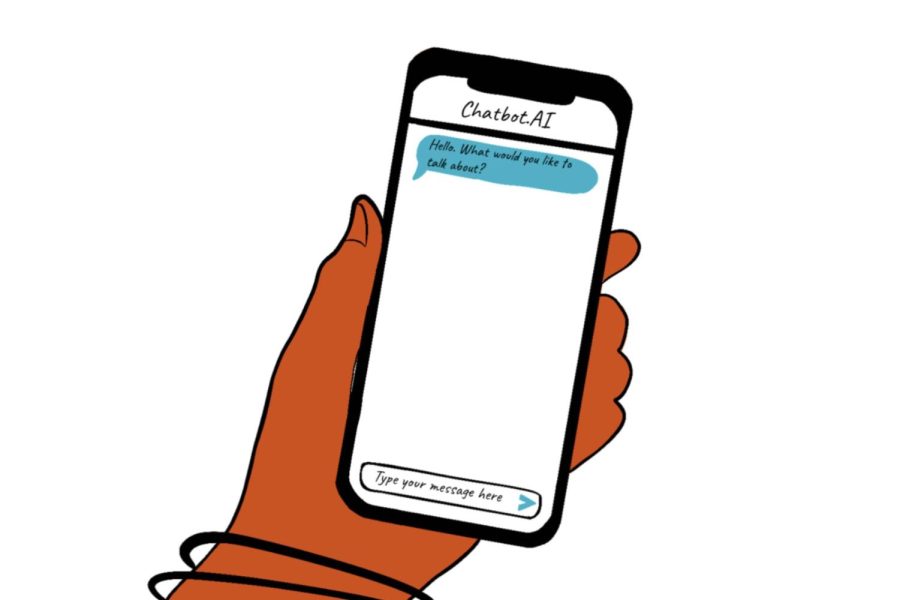The positives of AI programs
February 14, 2023
If you are a reader of newspapers, a listener of podcasts or a social media user, you may have heard of Artificial Intelligence (AI) programs like ChatGPT and DALL-E 2 from OpenAI. These programs can conduct research, write and even create artistic images based on human prompts. I have personally used them for annotated bibliographies and creating images for presentations. In my teaching, I have allowed students to use ChatGPT for drafting research proposals and comparing speeches created by a real person and the AI. While these programs offer many opportunities for users, there are also some cautions that should be taken into consideration.
First, the opportunities. If you find yourself stuck without a paper topic or speech idea, ChatGPT generates ideas quickly. You will need to refine your prompts, change your parameters and edit the output, but it can be a great lever to get you out of a writing funk. Another useful feature comes from its significant search power. It excels at finding quick information on complex topics or useful data for a research paper. For those who want to delve into creative territory but who struggle with storytelling, painting or poetry, the AI programs can help you initiate a project that you can refine and shape to your vision. They can review your writing for style, tone and grammar.
Now, the cautions. First, your prompt matters. The prompt is the information you put into the program to generate the product. To use these tools to their full potential, you will need to learn more about how to give them the right commands. The more specific you are, the better the result. This takes a bit of practice.
Second, while AI can give you a foundation for your work, it has significant limits. It cannot generate new knowledge. It cannot conduct independent research. It cannot think critically. Its writing is often repetitive and clunky. You will need to do your own refining to achieve the best results. In full disclosure, I put this Op-Ed into the ChatGPT program and was not overwhelmed by its suggested edits. It deleted the entire next paragraph about its output errors.
Third, AI is fallible. I have seen it make both major and minor mistakes with sources, definitions and basic information on several topics. It wrote a 1,000-word essay on a concept that it defined incorrectly and cited sources that did not exist. In the end, it is up to you to check its work for accuracy and correct the mistakes.
Finally, AI should never be used to plagiarize or cheat. If you want to use an AI like ChatGPT to initiate or support your work, talk with your instructor to discuss parameters. What will you use it to do? How will you distinguish its work from yours? How will you meet the requirements of the assignment? The work assigned to you has an educational purpose, so involving faculty in any AI use is an important first step.
Like search engines, calculators or grammar programs, AI programs like ChatGPT can become valuable tools, but they cannot replace the creativity, critical thinking and personal experiences that make your work unique and your learning experiences worthwhile.









